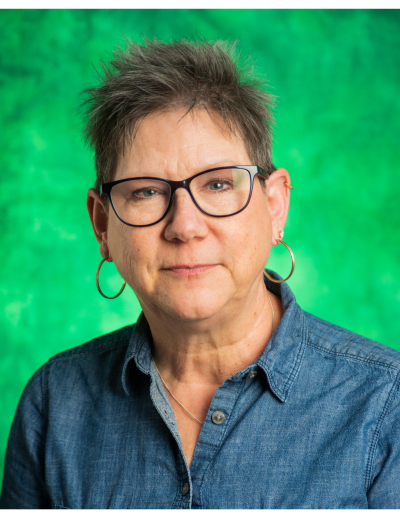- Search:
-
- Quicklinks:
First Year Writing
Welcome!
Traditional first year college writing programs struggle to meet the needs of today's students: however, learning which needs aren't being met – and how to meet them– has been ignored. At The University of of North Texas, we're changing that by redeveloping our First Year Writing (FYW) program based on current research of our students' needs. Here's how.
Are you a student?
Our Goal
Developing a curriculum is a difficult and complex process, but as our colleague Matt Heard suggests, “…when fostered as an inventive act, curriculum design can posture instructors to understand and engage with commonplace values in the wider disciplines of composition and English studies more broadly” (Heard 321). To embrace our activities as an inventive act, the FYW team sought to listen and learn from as many sources as possible. Specifically, we:
- Surveyed the faculty who teach FYW
- Surveyed students who take FYW courses
- Conducted townhall meetings with all FYW faculty
- Conducted a focus group with the students who piloted our new textbook
- Conducted a focus group with the instructors who piloted the new textbook
- Reviewed the First-Year Writing University of North Texas Curriculum Guide (Revised August 15, 2020)
- Reviewed the materials on the FYW website
- Reviewed the materials in UNT: An Insider’s Guide to Academic Writing for UNT’s First-Year Writing Program
- Conducted research in current trends in the teaching of developmental and first year writing
Insights
Based on what we learned from these many sources, we realized that our current curriculum needed to be modified to meet the needs of our many stakeholders and to reflect current research on best practices. Specifically, we came to understand that the following issues needed to be addressed:
- Our students lack close reading skills:
- They don’t understand the assignments
- They don’t understand the readings we provide
- They have difficulty evaluating the success of their own work
- Many of our students lack basic digital literacy skills which affects their ability
to complete their course work:
- They do not understand how to upload assignments to Canvas
- They are unfamiliar with how to leverage digital tools (creating a bibliography in Word) to improve the quality of their work
- Many of our students struggle to be independent learners:
- They do not know how to ask pertinent questions
- They do not make use of available resources
- They do not know how to problem solve
- They lack time management skills
Solutions
To address these issues, we have tried to build a curriculum focused on teaching students the following skills:
| Skillset | Specific Exercises |
| Critical Reading and Thinking |
|
| Digital Literacy |
|
| Independent Learning |
|
| Community Engagement |
|
Our Values
Every aspect of our FYW program – from courses, to assignments, to classroom activities– builds on these core values.
- Through writing we inquire, experiment, and discover ideas.
The act of writing encourages intellectual and personal development, and leads to greater knowledge retention, deep reflection, and empathy. We are able to understand ourselves and others through the experience of putting ideas into words and listening to responses from the people around us. Writing can also help us develop a sense of belonging in our communities. - Writing encourages critical thinking.
When we write, we practice offering clear, coherent, and concise responses to complex problems. While a minority of students will go on to write in academic genres after graduation, academic writing gives students practice in precision and logic, while developing attunement to audience and purpose. - Writing is a complex, lifelong process.
Writing is not an isolated skill or a set of rules to learn. The writing process involves planning, reading, collaborative talk, and substantial revision, often with multiple drafts. In addition, writers must develop flexibility and learn to reflect continually throughout their lives as they encounter new writing tasks. - Writing gives writers power.
Academic audiences expect well-researched writing to provide evidence for solutions to problems or reasoning for difficult questions. Nonacademic audiences also rely on written arguments to persuade, explain complex issues and bring insight to the concerns of their communities. - Writing is inseparable from digital literacy.
Because so much of what we read and write is produced electronically and published electronically, we need to understand how to use digital tools, databases, and resources ethically and effectively. - Writing is inseparable from critical thinking.
The process of writing is vitally interconnected with the ability to read sources carefully, think about content critically, and decide how use information effectively. - Writing allows us to speak in many voices.
We don’t speak one English, and we don’t speak in one voice. We become empowered as writers by recognizing the diversity of language. - Writing is challenging to learn and to teach.
We provide instructors with initial and ongoing training, professional development opportunities, and individual support to encourage best teaching practices based on research. We create leadership opportunities and award instructors to create a culture that facilitates high quality teaching and fosters student success.
Our Team
Dr. Kathryn Raign
Director

Dr. Stephanie Vastine
Associate Director

Dr. Laura Hensch
Assistant Director

Carly Susser
Assistant Director

Amber Walters-Molina
Graduate Assistant

Last Updated: February 7, 2025